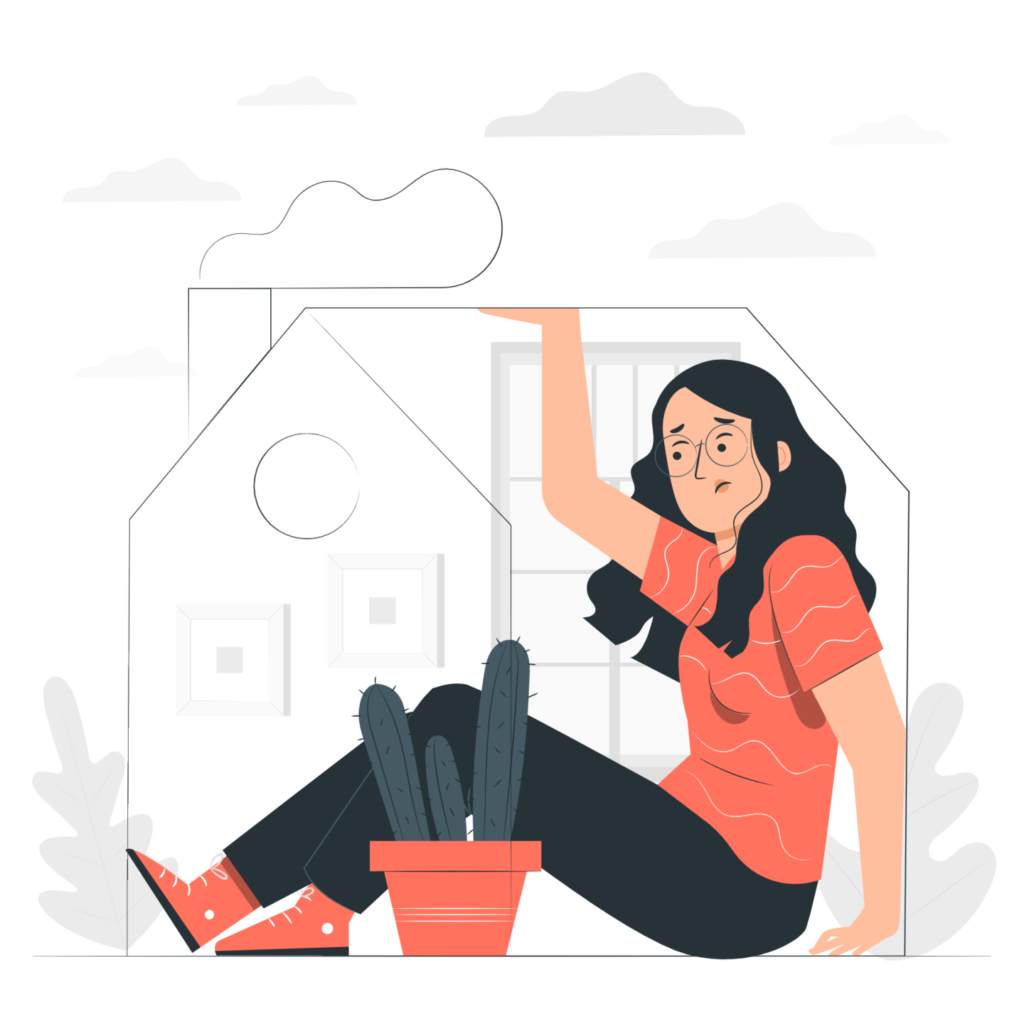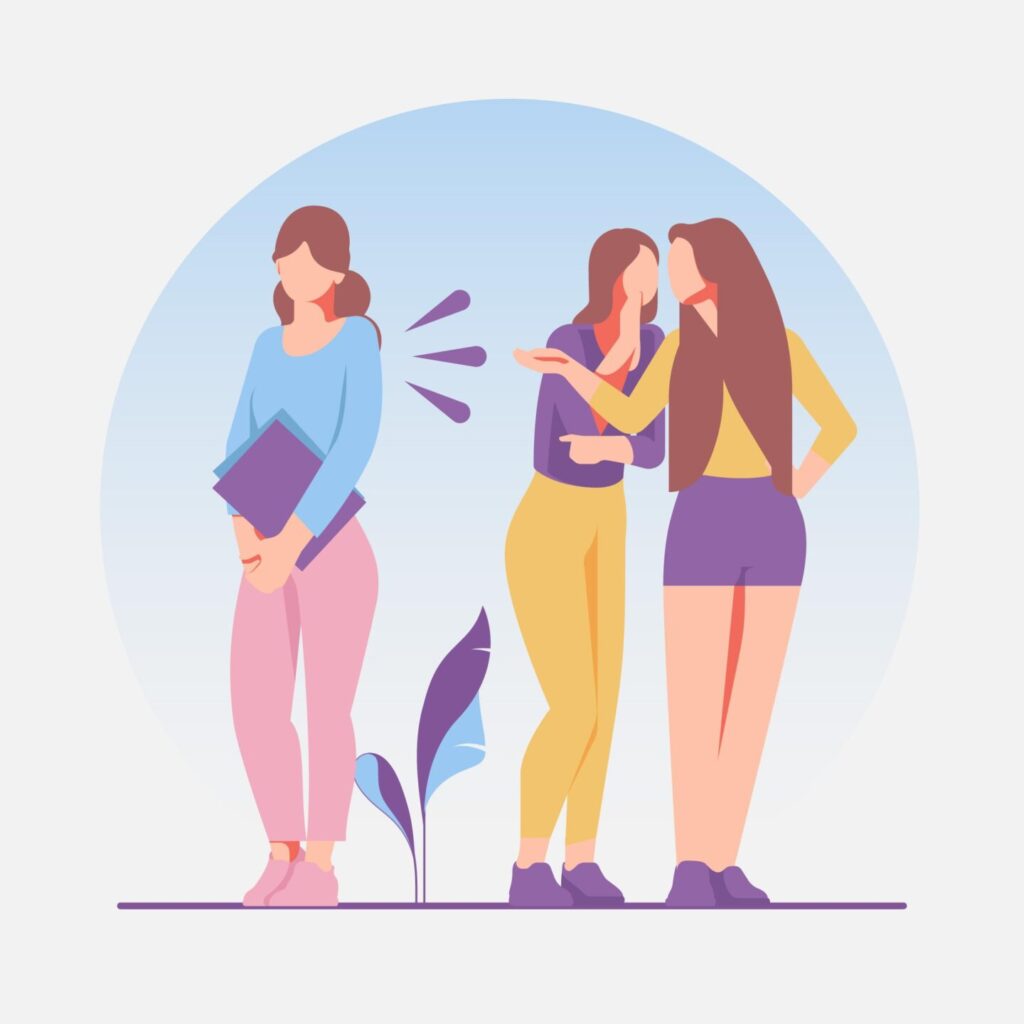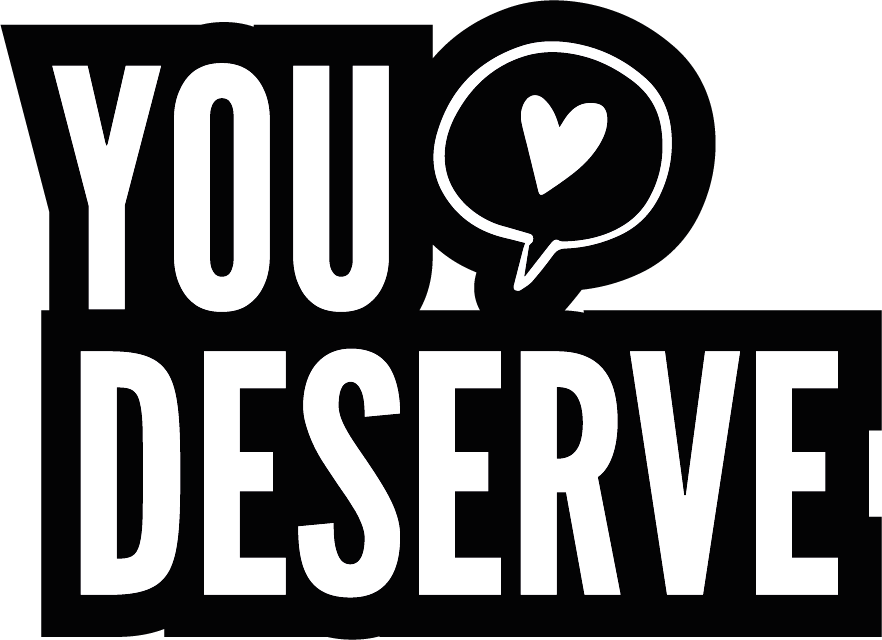This article was written by a young person as part of our #YouDeserve: Healthy Relationships Campaign. To find out more about the campaign click here. TRIGGER WARNING: This article discusses themes of emotional abuse, anxiety and bullying which could be triggers for some people. Names have been changed to protect identities.
Abuse among friendships is often missed out in the discussion about abuse. A lot of the time you don’t even realise that emotional abuse is happening until the situation spirals out of control. I hope that by highlighting my experience, it will help other people recognise the signs of abusive behaviours.
In this strange new world of lockdowns and isolation, many students have found themselves trapped in university accommodation away from the comfort of home. It should be ‘the time of your life’ but the people you meet can make or break that experience. Unfortunately the past year hasn’t been a positive one for me. This is my story of being in an abusive friendship.
Red Flags
I met Ellie and Tara at fresher’s week. Ellie and I instantly clicked. One of the things I liked about her was that she would never fail to hype me up and shower me in complements. Tara was harder to get along with – she wasn’t shy, but she never really spoke. I knew very little about her, despite spending a lot of time in her company.
I soon noticed that Ellie would over compliment everyone she met, to the point that her compliments were meaningless. This is a manipulation technique called ‘love bombing’; where a person overwhelms someone with loving words or behaviour in order to win over trust, often to fulfil a goal of theirs. Ellie did this to everyone she could, immediately disliking those who did not fall for her charms. She particularly liked to suck up to people who had fallen on hard times, thriving off the second-hand attention. On the flip side, when I opened up to Ellie about anything I was struggling with, she would never comfort me. She would make the conversation about herself and simultaneously make me feel worse – “Me too. Isn’t life so hard on us?”
Both Ellie and Tara had an over interest in everyone’s love life. They would push me to get with guys I wasn’t keen on. If I didn’t I was branded boring. They would target groups on nights out and push them, claiming they had been pushed first. They would pick a fight almost every night out, and rarely took responsibility for their actions, something that became apparent later on in our relationship.
Ellie would put me down at every opportunity, “Remember how fat you were last year?” She would embarrass me by talking about my private secrets with other people. I stopped telling her things. Tara would tell me things that Ellie would say about me so I knew they were talking about me behind my back. The friendship became exhausting and we became distanced. I made new friends and I would only see Ellie and Tara on nights out.
Moving in Together
Over time things mellowed and we became friends again. My other friends were graduating and Ellie and Tara invited me to live with them. I thought that I could handle them, as I knew their tricks.
We moved in late July, keen to gain some freedom from lockdown at home. For a few days we were happy lazing around in the sun together, but making conversation with Ellie was hard. We had drifted apart so much. Soon they stopped wanting to do stuff.
I started to feel left out; they would text each other privately instead of in the house group chat. I missed receiving simple texts like “I’m going to the shop, want anything?” They rarely left their rooms but when they did it was always at the same time as each other.
I felt as though I was being watched.
They would check that I had turned off the light and look in the sink after I had washed the dishes – quick glances that made me feel uneasy. They would always disagree with me or try to one-up me. Aggressive remarks, was I imagining it? I started counting how many times they would disagree with me. My self-esteem was suffering, I was scared of their reactions and I started to withdraw. Then they started to ignore me, walking straight past me in the house. I started to dread returning home after days out, the house felt hostile and lonely.

Sometimes, when Tara was alone she could be a completely different person. We’d have good conversations and confide in each other about Ellie. This soon turned sour when I started getting angry texts from Ellie after Tara had told her things I’d said (omitting the things she’d said). I couldn’t explain myself without compromising Tara, which I wasn’t going to do. Feeling betrayed, my trust in Tara vanished.
Feeling Trapped
Lockdown limitations meant I was trapped in the house with tension building. My mental health was paying the price. I was nervous to leave my room, changed my mealtimes to avoid them and would visit friends’ houses to escape the tension (despite the Covid guidelines). I started doubting myself. These were friends, why would they want to hurt me? Was I the irrational one? It made me paranoid.
I would overhear them talking about me: “She makes me so angry; I can’t even explain it!” My heart dropped; my face felt hot. I became anxious and conscious of my every move in the house. I would wait at doors, checking they weren’t around before I left a room. When I did bump into them, I could feel them mentally picking me apart. I still tried to make small talk, to defuse the tension, and hoped they might choose to like me again.

Tara stopped talking to me; I only heard her voice address me when my back was turned. Silent treatment is a form of emotional abuse; it made me feel invisible so I would escape to friend’s houses. The threat of another lockdown felt like a prison sentence.
Things became unbearable after my ex turned up at the house drunk and argumentative one night, uninvited. Like an angry dragon emerging from it’s fiery den, Ellie stormed out of her room swearing at me despite my apologies. The next morning, I was woken by Tara banging on my bedroom wall. I overheard them talking about ways to disrupt me if I ever had a guy over again. At dinner time, they began texting each other in front of me with smirks on their faces, my attempts at conversation greeted by grunts.
I would overhear conversations about me: “God, I won’t even look at her; She’s such an attention seeker; Do you see the way she dresses? Who does she think she is? I wish she’d leave.”
The comments stuck in my head like glue. I was anxious, lost weight, struggled to focus on work, I broke down, had panic attacks. I wanted to go home, but Covid-19 made it impossible without isolating first, a fate I was not willing to subject myself to. Why were they being so cruel?
Moving Out
I finally confessed all to my friends, I’d been too scared and ashamed to tell anybody before thinking it was my fault. They knew I was unhappy but had no idea how bad it was. A friend offered me a room at his and I moved in, overwhelmed with relief, although the look on Tara’s face when she watched me leave was one of victory.
I felt a weight lift off of my chest. I finally had a shoulder to cry on.
I’d been bullied out of my home but Ellie and Tara still blamed me. In messages later they said it was all my fault and used examples such as breaking the lockdown rules to see friends, something I had to do to get away from them! They sent photos of the things I’d been doing. I realised that my feeling of being watched were not imagined. They had been watching me, photographing me, taking screenshots of my social media, waiting for me to mess up to build their evidence.
I will never understand why they did not just raise their ‘problems’ with me. To this day I struggle to accept the fact that I did nothing to deserve this. I stay up at night thinking about what I could’ve done differently. But that’s the thing about abuse, it is never justified.
Even though I’ve moved out it’s still not over. I still listen at doors before opening them; my face still flushes red when I hear a group chat notification. I still have to deal with them once a month to pay bills – it’s impossible to find a replacement tenant during a pandemic. I’m losing thousands paying my bullies’ bills and can’t afford to live in the city where my friends are.
Sound Familiar?
Hopefully my experiences will help others recognise that they may be in an abusive friendship, but not all relationships will follow the same pattern. Judge it by how you feel. There were many points looking back where I knew that something wasn’t right, but I chose to ignore them.
Don’t let things get to the stage I was at. Leave as soon as possible. I’m lucky to have found a place to stay but if you need help then contact the university. They should be able to help you get away from abusive situations.
Talk. It helped me with my anxiety. Tell people about it and it will help you process what’s happening. Their reassurance will help you make sense of everything. Therapy has also helped me cope, giving me methods to help control my anxieties.
Where can I get help?
This article is part of the Healthy Relationships campaign. If you would like to read more about the Healthy Relationships campaign and see more content including information and support for young people’s experiences, click here.
If you want help or advice about relationships, or if there’s anything else worrying you, then you can call Meic and speak to a friendly advisor. Meic is an information and advocacy helpline open from 8am to midnight, 7 days a week, for children and young people aged in Wales.





